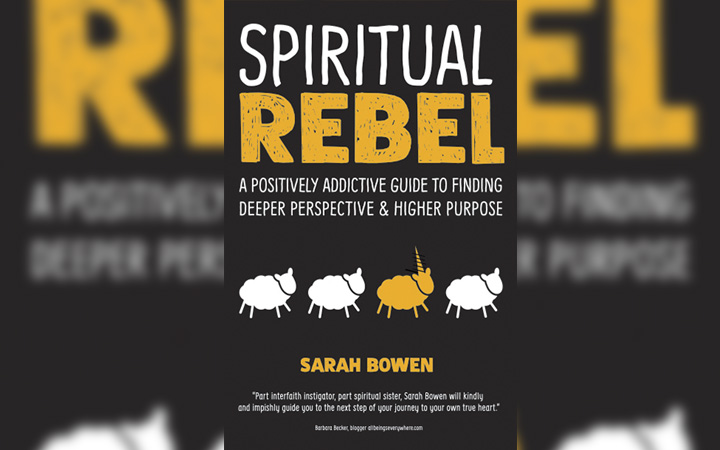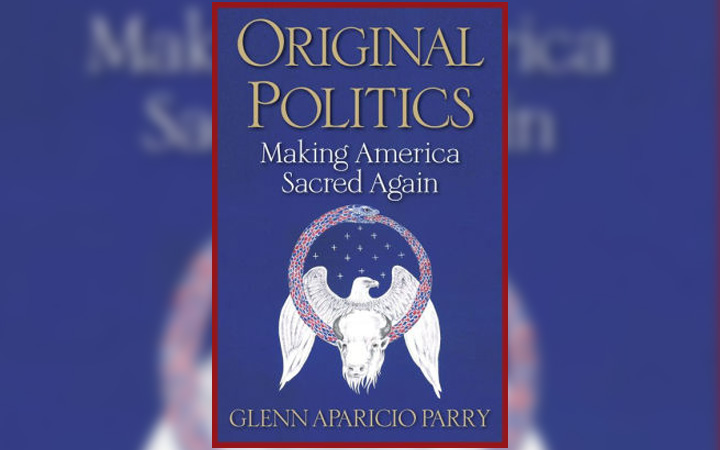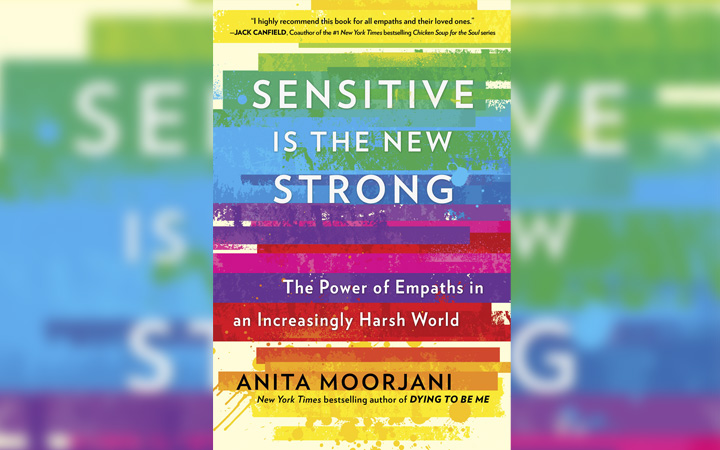How to Love Rebelliously

I’ve always been a fan of four-letter words. Accordingly, I started my last book with the “f” one. With respect, I inserted a well-placed asterisk in place of “u.” But my publisher—citing the proliferation of once-vulgar words on best-selling book covers—chided me for being prudish. Really? Me? A square?
Indeed, the words I once counted on for my tough, bad-as** personality are no longer… bad-ass. As I’ve aged, they have too. Swear words now gush forth unfettered everywhere. Grieving the death of my scandalous four-letter friends, I embarked on a quest to find the next shocking imprecation.
And decided it’s l-o-v-e.
Once the prime asset of greeting cards and sappy films, love in our current context cannot be relegated to deep kisses, paper doilies, or fondant icing. No, love amid lockdowns, pandemics, political divisions, and injustice must be a fierce affection wrapped around a vulnerable core.
Indeed, many rebellious sages have called us to love during chaotic times and to love difficult people. And yet, the practicalities of how to do this can be elusive.
Challenge #1: Loving our messes
Marco… Polo! These words—which brought me joy during youthful days in swimming pools—now have me hiding from my phone. At age 10, I would have sold my Atari for a futuristic video phone. At age 49, I’m considering paying people not to video call me. Because I see every wrinkle. Every age spot. And don’t even look at my neck. Please.
Further, I’m tired of dusting off my perfectly curated bookshelf backdrop. Or moving my disorganized piles off-screen. For some reason, I’m just fine revealing the messy story of my 12-step recovery from cocaine-fueled dance nights. But goddess forbid you see my untidy desk.
And then my friend Antonia suggested I embrace Marco Polo. In response to, “I have no idea why I need another app,” she countered, “It’s like a voicemail with video so you can share your messy space or glorious face!” Seriously? My face does not feel glorious. And you’ve just heard how I feel about my messy space.
And yet, as I watched her video snap—hair pointed every which way as she tousles it—I smile. Next, she offers a panoramic scan of tables laden with stacks and piles of who knows what. I hear the joy in her voice as she sings, “Here’s my mess… Here’s my mess!” as if she is a Broadway star.
What would it take to be vulnerable to this kind of intimacy? To overcome my childhood programming of shoving any mess under a bed or into a closet when “company” arrives? To hold the screen so close to my face that you can see every pore? And to love my glorious face, rather than berate myself for not taking care of my skin better?
Let’s just say… I’m working on it.
Challenge #2: Loving villains
Social psychologists have made an amusing discovery about villains that we should take to heart. While studying compassion, they observed—unsurprisingly—that people will extend the most compassion to their friends and family. And then to their various “in groups.” In general, most people extend more concern for “out-group” humans than other species and living beings (such as animals, plants, and the Earth). Here’s the kicker, though. We’ll place villains at the very edge of our consideration, and often grudgingly. Researchers suggest this is because we believe that since they have violated moral responsibility, we think they deserve punishment.
To test this theory, I’ve been binge-watching Gotham, a series based on characters from the Batman franchise. Prequel-ish, the episodes explore the origins of notorious villains such as Penguin and the Riddler—well before Bruce Wayne has become the Dark Knight. Notably, while I recall rooting against these notorious bad guys as a kid, they have now stolen my heart. Rather than cast as evil—presumably so the hero can become savior—the series reveals these characters’ tragic roots, broken dreams, and unrequited loves. So much so that I admit, I want to hug the Penguin. And pay for therapy for the Riddler.
What would it take to overcome my biases about people I cast as villains or judge as enemies? What might I learn if I went past “calling them out” on social media and tried to understand the back story that leads them to do what I find troubling? How can I open my heart to the fact that they, like me, feel hurt and sadness underneath their anger and bravado?
Inspired, I created a space on my altar for valentines written to those who make my blood boil. Throughout this month, I will meditate on these odd heart-shaped offerings, asking the questions above and one more: What might it be like to love every person’s inner spark of divinity, as we simultaneously break down the systems that keep us at each other’s throats?
© 2021 by Sarah Bowen for Spirit Seeker.

 bout the Author
bout the Author




